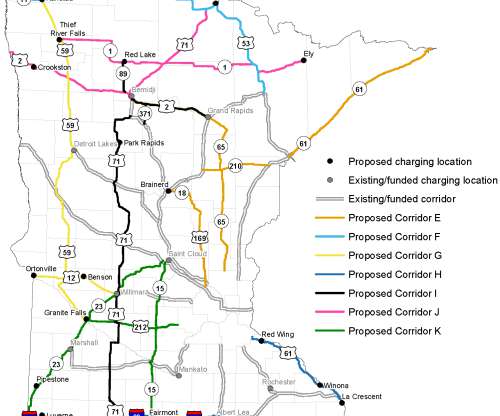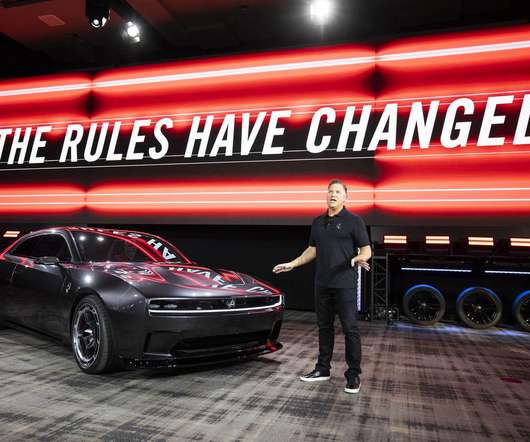MPCA to expand EV charging network by more than 2,500 miles in Greater Minnesota; 38 additional fast chargers
Green Car Congress
SEPTEMBER 2, 2020
As the electric vehicle (EV) market continues to expand throughout the state, the Minnesota Pollution Control Agency (MPCA) announced it will fund the installation of up to 38 additional fast charging stations in Greater Minnesota, extending the existing EV highway corridor network by more than 2,500 miles. The new $2.6-million












Let's personalize your content